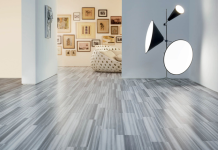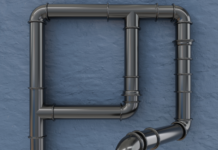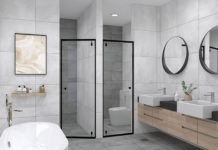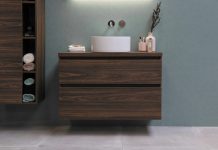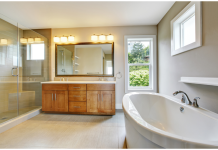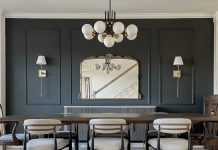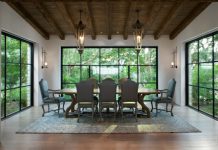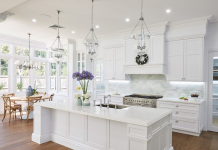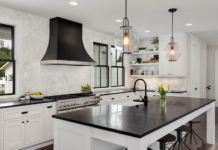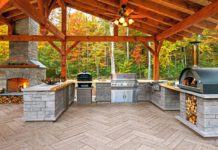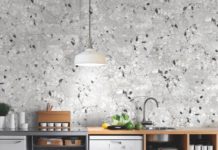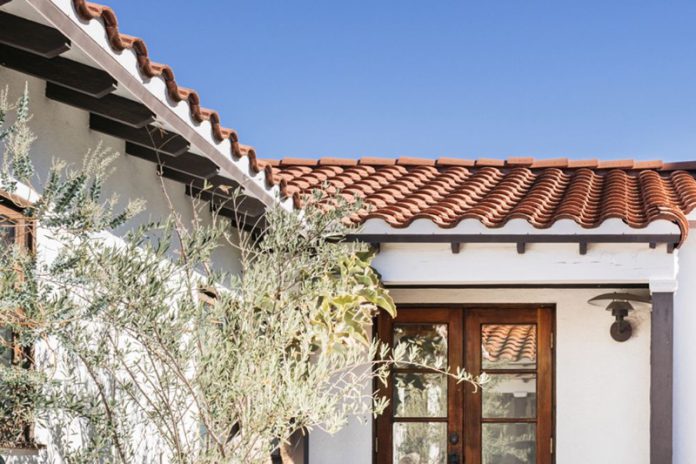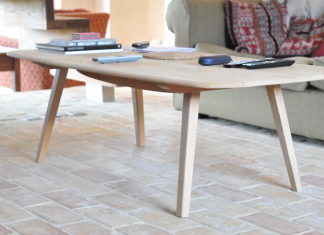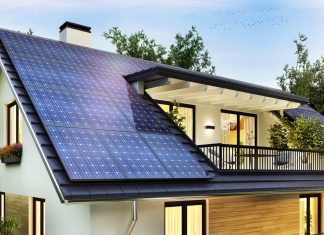Roofing tiles, also known as clay tiles are hung from the framework of a roof and fixed using nails. When it comes to manufacturing of the roof tiles, the clay used by the clay tile manufacturer is highly plastic. Although roof tiles are manufactured using the same method as bricks, the tiles are much thinner and lighter. These tiles are hung in parallel rows, with each row overlapping the row below it so that rainwater can be excluded. This article will talk about different types of roofs or clay tiles.
Structural Clay Roof Tiles
Structural clay tile is made using burned clay building materials and is to construct the roofing walls and flooring for both structural and non-structural purposes. Structural terra cotta, clay block, and hollow tile, the material is an extruded clay shape with a significant depth allowing the tiles to be laid similar to how other clay or concrete masonry is laid. Each unit is made by using clay or terra-cotta with cells or cavities, inside it and the material further is used in fireproofing, furring, floor arches, and partition walls.
Ceramic Roof Tiles
Ceramic tiles are made by the clay tile manufacturer using clay, sand, and glass. Many ceramic tiles are made from recyclable or recycled content to reduce the use of energy and thus, help in keeping the house cooler in the summer. Not only this, but ceramic tiles also add some insulating qualities to the house for winters. These tiles are a great choice for constructing walls, backsplashes, showers, and more. When it comes to the benefits of ceramic tiles, these tiles are environment-friendly, reduce household allergens, boost the value of a house, and are functional, practical, and beautiful.
Pantile Roof Tiles
A pantile tile, usually made from clay by a clay tile manufacturer, is a type of fired roof tile. These tiles are S-shaped in appearance and are single lapped which means that the end of the tiles laps only the course immediately below. Flat tiles usually lap two courses but a pantile-covered roof is considerably lighter than a flat-tiled roof and thus, can be laid to a lower pitch.
Composite Roof Tiles
Composite roof tiles are made from a mixture of both natural and man-made materials like natural stones, clay, recycled content, metal, etc. These tiles easily replicate the look of any tile roofing product and also offer the benefits of custom color mixes for most patterns. The composite roof tiles are lighter and come with good warranties.
Clay Roof Tiles
Clay roof tiles have a long history because of the readily accessible base material. These tiles are the traditional tiles that were shaped by hand, sun-dried, and then used for the roofing. Although nowadays, the process has become machine-driven, the finished product is just as beautiful. Usually, clay roofs are seen in the shape of flat tiles or barrel tiles but they come in a wide range of varieties. Now that clay tiles are extremely heavy and prone to breaking, installers require extensive experience to install these tiles for roofing. Clay roof tiles need a substantial reinforcement to support the extra weight of the clay.
Polymeric Roof Tiles
Polymeric roof tiles are a new type of shingles that has high performance because of the competence within their structure. Using the most advanced technology, all impurities of the clay are removed and this high-quality washed sand, high polymer, and modern types of dyes are further used to manufacture polymeric roof tiles. The right mix of all mentioned materials leads to the manufacturing of high-strength tiles and is not broken during the installation process. In addition to this, polymeric roof tiles are durable enough to last for a very long lifetime (50 years or more).
Conclusion
Tile roofs have been present in architecture for a long time. Here enlisted are different types of clay or roof tiles that are manufactured by the clay tile manufacturer and can be used to provide durable and abrasion resistance roofing to the house. Manufactured from clay burning at 1300 degrees Celsius after molding into the required shape, the clay tiles are a great choice for small buildings of low cost and improve the aesthetic appearance of the buildings.

